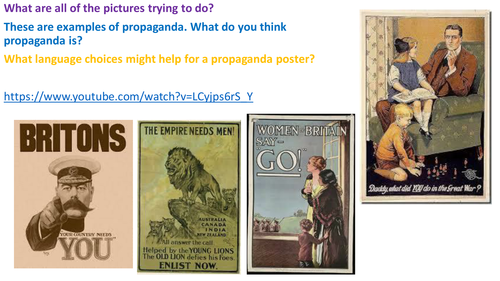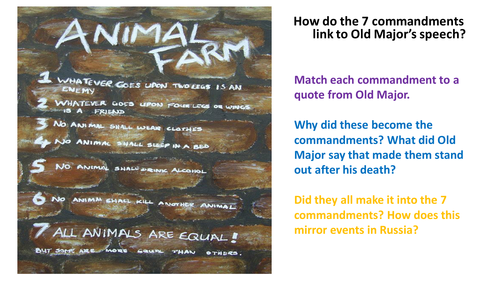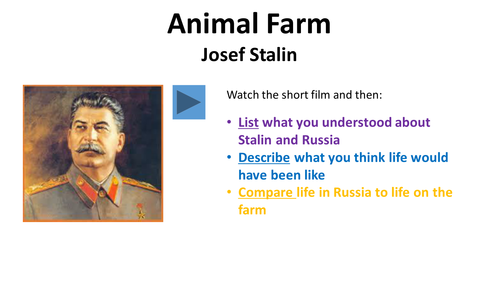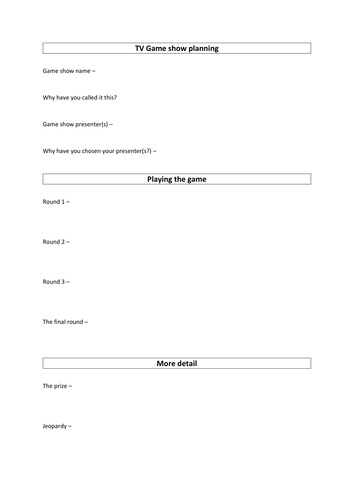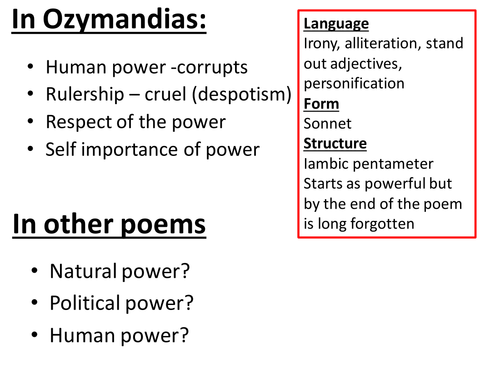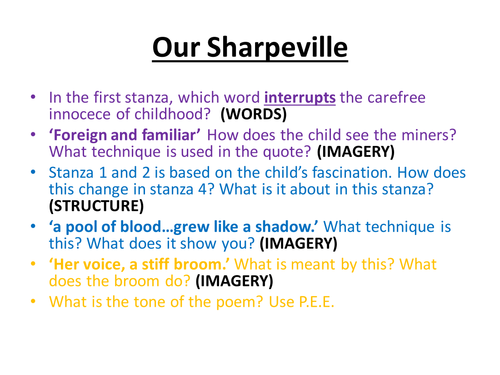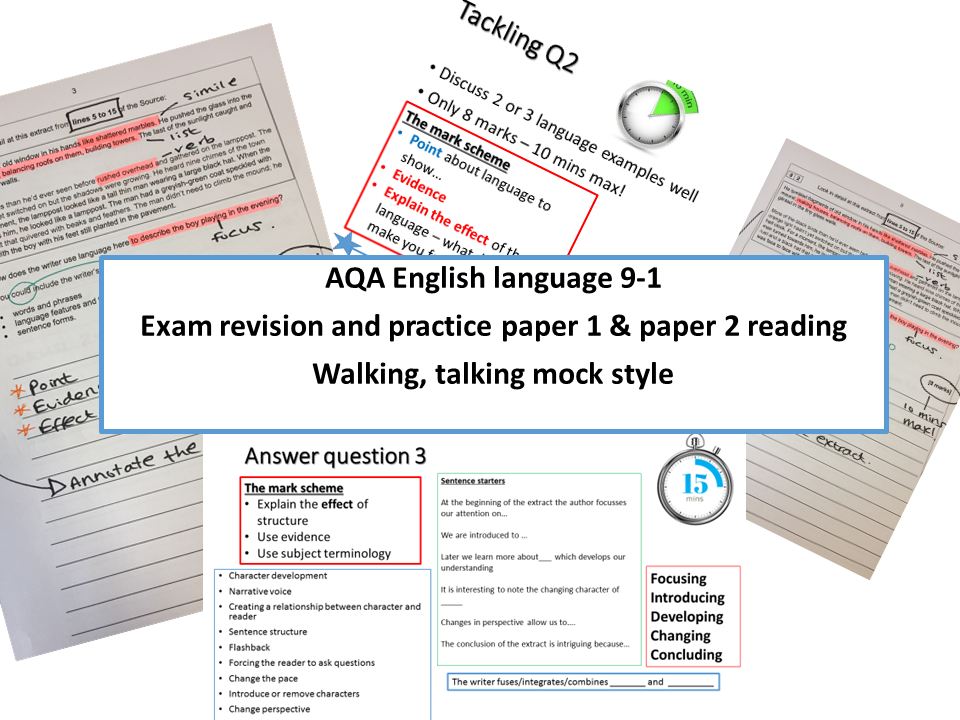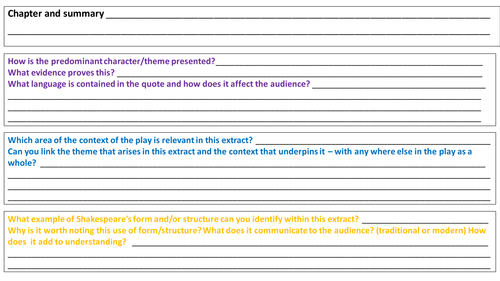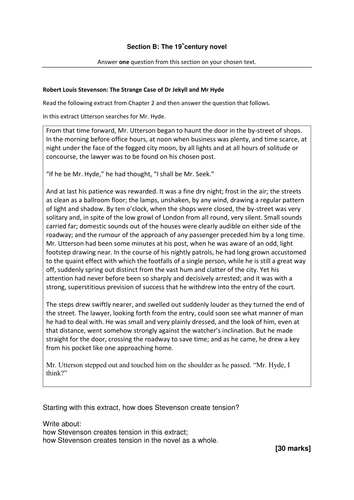Mr Crawford Eng
I'm currently the head of English and raising standards leader at a secondary school in Birmingham. I'm passionate about my subject and passionate about ensuring that the young people we serve leave education with a high competency in English. Prior to teaching I worked in the radio industry as a presenter for 7 years and so when I became a teacher I enjoyed the opportunity to teach Media studies. You'll find hundreds of English and Media studies resources.




